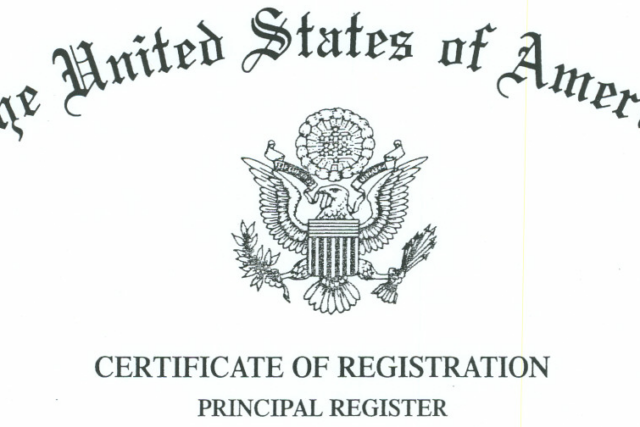WRIT OF ELEGIT. A writ issued by the Court directing the sheriff to take possession of a judgment debtor’s lands, and to receive the rents until the debt is satisfied. (See Writ of Fieri F.\cias.)
Knowledge, activism and levels of cultural sophistication: it is in the interaction between these
three dimensions that the specific character of these activist intellectuals
a body of laws, conventions, and treaties that govern private maritime business and other nautical matters, such as shipping or offenses occurring on open water.
Census and Statistics Branch
clients.
Practitioners in some new areas of expertise are also choosing to serve clients within the framework of a profession to protect standards and gain public trust.
The concept of professionalism is based on cultural norms, and interpretation of these norms varies by region and country.
Such variation is a challenge to defining professionalism globally, but some universal aspects are common to most professions.
Section 2 of this chapter describes professions in general and how they establish trust.
Section 3 describes professionalism in investment management.
Section 4 addresses expectations of investment professionals, and Section 5 provides a high-level review of the framework for ethical decision-making.
The chapter concludes with Section 6, a summary of challenges for investment professionals. A listing of key points in Section 7 concludes the chapter.
Driving forces of a new profession include governments and regulators, which encourage the formation of an ethical relationship between professionals and society at large.
There is also demand for professions from individuals who sec an advantage in working as a professional and from clients who desire to work with professionals. Professions have not developed in every country.
But in most countries, those who work in specialized areas—such as doctors, lawyers, actuaries, accountants, architects, and engineers—are subject to some combination of licensed status and technical standards. These standards distinguish professions from the craft guilds and trade bodies that were established in many countries.
One clear difference is the requirement for members of professions to uphold high ethical standards. Another difference is that trade bodies do not normally have a mission to serve society or to set and enforce professional conduct rules for practitioners.
2.1. How Professions Establish Trust For a profession to be credible, a primary goal is to establish trust among clients and among society in general.
In doing so, professions have a number of common characteristics that, when combined, greatly increase confidence and credibility in professionals and their organizations.
Professions normalize practitioner behavior Professionalism is underpinned by a code of ethics and standards of conduct developed by professional bodies. Regulators typically support professional ethics and recognize the framework for ethics that professions can provide.
Many regulators around the world have engaged closely with professional bodies to understand their codes of ethics (codes) and standards of conduct (standards), as well as how they are enforced.
Codes and standards developed by practitioners can be complementary to regulations, codifying many more individual practices than the high-level principles set by regulation.
Census
